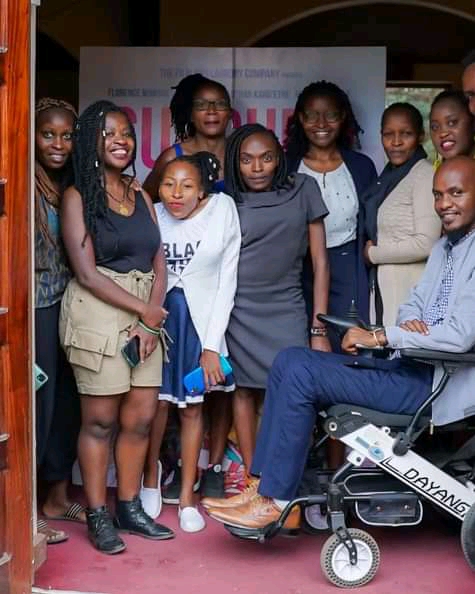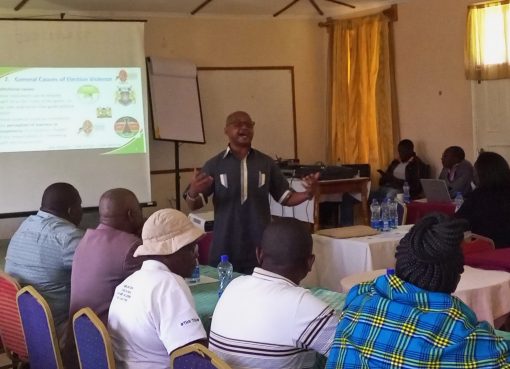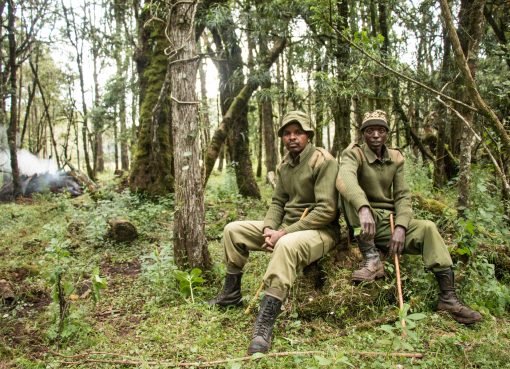Persons Living with Disability (PLWDs), have decried lack of inclusivity and representation in the entertainment and film industry.
Speaking in Kisumu during the screening of Sungura, a movie that highlights the struggles of PLWDs in the society, representatives of the PLWDs said they have for many years been left out of the lucrative film industry.
Florence Njeri, the lead character in Sungura and a PLWD said, most film makers in Kenya write films that do not include people with disability.
“When making films in most cases, they will not audition and cast the PLWDS. If the role is for visually impaired persons, the character will be an able bodied person acting as a blind fellow, instead of casting a visually impaired for the role,” Njeri pointed out.
She said, PLWDs should be given a chance to take up roles in films instead of using able bodied people, noting that the PLWDs have potential.
Njeri stated that PLWDs face a lot of discrimination in the film industry, as most film producers do not consider PLWDs as equally talented as the able bodied persons.
“Someone would look at you as a person with a disability, and conclude that you cannot deliver yet our brains function just as well as other people and we have skills to deliver,” she added.
Njeri urged film makers and producers to view PWDs for their talents and not for their physical disabilities. She urged film makers to make films that incorporate the PWDs, and that create awareness on their rights and potentiality.
According to Lydia Matata, the Director and producer of Sungura, the movie explores issues of inclusivity when it comes to Persons Living with Disabilities (PLWD).
“Sungura highlights some of the attitudes that are there in society. For example consent, it is important to ask a person with a disability whether or not they need your help, instead of going ahead and touching their body or aids like crutches or wheelchairs without permission,” Matata explained.
PLWDs, she said, have a voice that needs to be listened to just like other people, adding that the movie targets to explain the different perceptions when it comes to sexual reproductive and health rights of the PLWDs.
Matata said that creating barriers in the community for PLWD,s is a form of discrimination even without overtly showing a negative attitude.
By Evangeline Mola and Lorine Awino





